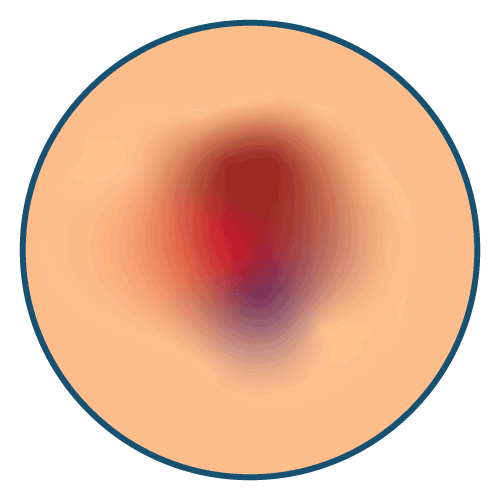| Name | Bivalirudin |
| Classes |
Anticoagulant Coagulation Modifier Haematological Agent |
| Diseases |
Cardiovascular Disease PCI PTCA |
Bivalirudin
Bivalirudin is a medication used to prevent blood clots from forming in patients who are undergoing certain medical procedures such as angioplasty or stenting. It belongs to a class of drugs called direct thrombin inhibitors, which work by blocking the activity of thrombin, an enzyme involved in blood clotting.
Bivalirudin is indicated for use as an anticoagulant in patients:
- With unstable angina undergoing percutaneous transluminal coronary angioplasty (PTCA).
- Undergoing percutaneous coronary intervention (PCI) with provisional use of glycoprotein IIb/IIIa inhibitor (GPI)
- With, or at risk of, heparin-induced thrombocytopenia (HIT) or heparin induced thrombocytopenia and thrombosis syndrome (HITTS), undergoing PCI.
- The dosage regimen of Bivalirudin can vary depending on the patient's medical condition and the procedure being performed.
- For patients undergoing percutaneous coronary intervention (PCI), the recommended dose of Bivalirudin is an initial bolus of 0.75 mg/kg, followed by a continuous infusion of 1.75 mg/kg/hour for the duration of the procedure. The infusion should be continued for up to 4 hours after the procedure, or until adequate hemostasis is achieved.
- For patients with unstable angina or non-ST elevation myocardial infarction (NSTEMI), the recommended dose of Bivalirudin is an initial bolus of 0.1 mg/kg, followed by a continuous infusion of 0.25 mg/kg/hour for up to 72 hours, or until the patient undergoes PCI.
- For use as an anticoagulant during hemodialysis, the recommended dose of Bivalirudin is an initial bolus of 1 mg/kg, followed by a continuous infusion of 2.5 mg/kg/hour for the duration of the procedure.
- The dosage of Bivalirudin may need to be adjusted based on the patient's age, weight, kidney function, and other medical conditions. It is important to follow the dosage regimen prescribed by the healthcare provider and to not exceed the recommended dose.
- The use of Bivalirudin may result in bleeding at any location. If there is an unexplained decrease in blood pressure or hematocrit, the administration of Bivalirudin should be discontinued.
- STEMI patients undergoing primary PCI may experience a higher occurrence of acute stent thrombosis.
- Additionally, coronary artery brachytherapy using gamma brachytherapy carries a risk of thrombus formation, which may be fatal.
- Bivalirudin may interfere with INR measurements in laboratory tests.
Contraindication
Hypersensitivity to bivalirudin or any product components.
None known.
 Bangla
Bangla English
English




